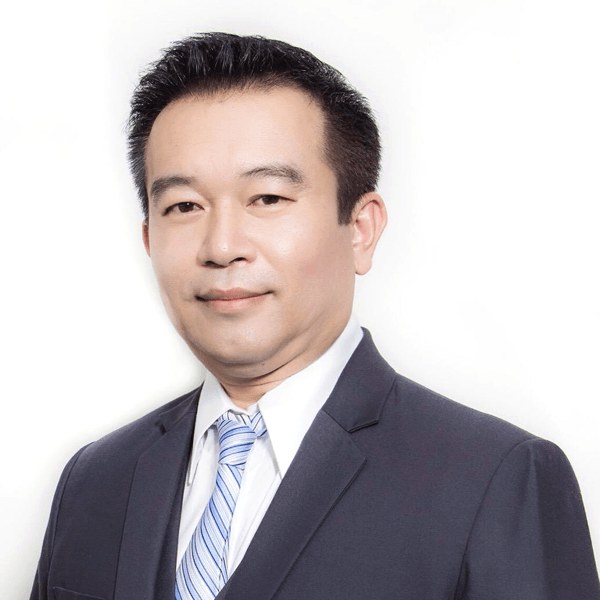| SUSTAINABILITY |
 ThaiBev regularly conducts a Water Sustainability Assessment (WSA) for both surface water and groundwater at production facilities in order to better understand and evaluate current water-related issues and/or future impact and risks associated with its business units. This in-depth assessment covers 4 dimensions: detailed water source assessment, including the availability of water sources, the internal structure of water resources, the vulnerability of the watershed, social and environmental factors, water-related natural occurrences, such as droughts, floods, etc.; and the quality of water sources. This assessment forecast covers the period of five years to ensure sustainable water supply to support the facilities’ operation.
ThaiBev regularly conducts a Water Sustainability Assessment (WSA) for both surface water and groundwater at production facilities in order to better understand and evaluate current water-related issues and/or future impact and risks associated with its business units. This in-depth assessment covers 4 dimensions: detailed water source assessment, including the availability of water sources, the internal structure of water resources, the vulnerability of the watershed, social and environmental factors, water-related natural occurrences, such as droughts, floods, etc.; and the quality of water sources. This assessment forecast covers the period of five years to ensure sustainable water supply to support the facilities’ operation. 

